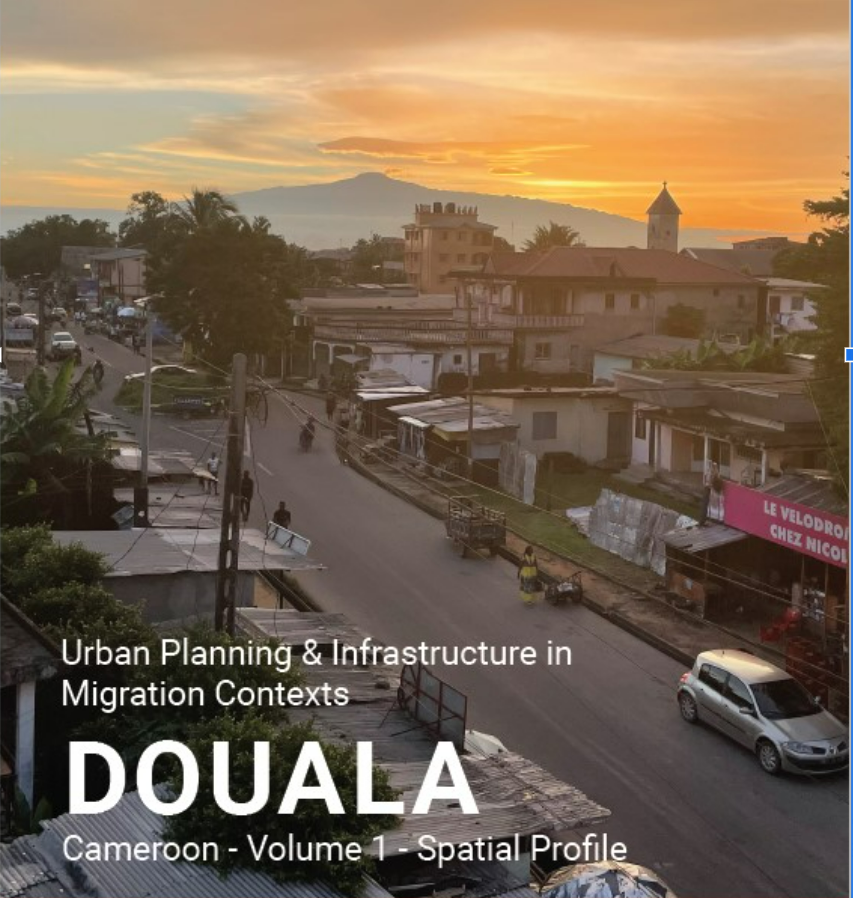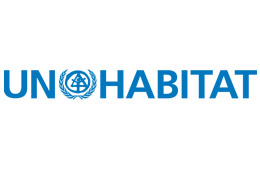Urban and Infrastructure Planning in Migration Contexts (UPIMC)
CAD 4's role is to improve the living conditions of its residents using the urban skills at its disposal.


Overview of the project
Between now and 2050, the rapid urbanisation of African towns and cities, combined with migration crises and climate change, will present challenges for local actors in terms of meeting the needs of the population and anticipating social risks. Urban sprawl and the demographic explosion are leading to a shortage of urban services. Cameroon is experiencing internal conflicts that are leading to population movements to the cities, the number of which has increased over the last five years, particularly in the Littoral region and in the city of Douala. The District Municipality of Douala 4 (CAD 4), which has been affected by intense flooding, is home to the largest number of IDP flows in the NOSO. Having become the gateway to the city, the arrival of IDPs has led to a number of new socio-economic and housing issues for this rapidly developing Commune.
In view of these urban challenges, the city of Douala 4 is working with UN Habitat to implement the Urban Planning and Infrastructures in Migration Contexts (UPIMC) programme. This international programme aims to highlight the multiple voices and different roles of key players: government decision-makers, civil society, communities of displaced people, financiers/donors, technical experts and the private sector, in order to create an inclusive and unifying dialogue. The experience of Douala 4 as part of the UPIMC programme has focused on resilient initiatives and good practice in vulnerable urban areas through integrated and concerted spatial planning. The process is being replicated in the Douala 3 District Municipality.
The aim of the UPIMC programme is to provide Douala 4 City Council with an advocacy and long-term planning tool, so that it has a unifying roadmap of sustainable interventions in line with the SDGs to be put in place in the future to encourage the creation of a resilient and inclusive urban environment, following a participatory multi-stakeholder process based on a bottom-up logic (CSOs, IDPs, government stakeholders, local authorities, UN agencies, private investors and donors).
Ongoing research
01/05/2021- project still in progress
The participative approach, which is at the heart of the UPIMC programme, led to the organisation of 4 workshops. Each workshop was attended by 50 participants from different sectors. Alongside these workshops, the City Council and UN Habitat teams organised around ten working meetings with the City Council’s technical and social services, CSOs and civil society, including gender-specific working groups. As a result, 17 necessary projects were identified, 12 of which were priorities.
Two symposia scheduled in Douala in January 2023 and in Yaoundé in May 2023 promoted the UPIMC programme approach and the 12 priority projects, which aroused the interest of donors, public institutions, private investors and businesses.
The participatory planning approach, involving workshops throughout the programme, encouraged the involvement of a wide range of stakeholders, including the institutional sector, the private sector, CSOs, humanitarian and development actors, target municipalities, civil society and IDP representatives. The main qualitative results obtained are
An urban profile based on a multi-scalar and inter-sectoral analysis a complete spatial understanding of the existing situation as a basis for decision-making.
The definition of a unifying urban vision built with local stakeholders.
An advocacy document and an action plan supported by the municipality of Douala 4 to include investors.
The programme is funded by the Swiss State Secretariat for Economic Affairs (SECO).
organisation
The District Municipality of Douala 4, known as CAD 4, has a population of around 455,000. CAD 4 is a municipality located on the banks of the Wouri and borders on the West Department. The role of CAD 4 is to improve the living conditions of its residents using the urban skills at its disposal. It sends its teams out into the field to work with neighbourhood and traditional chiefs to find out what local residents want. Various activities have been carried out on the social and environmental fronts to ensure the protection of local residents: the desire to raise awareness among residents about waste and the cleaning of drains, as well as raising awareness of the situation of the mangrove swamp.
in collaboration




